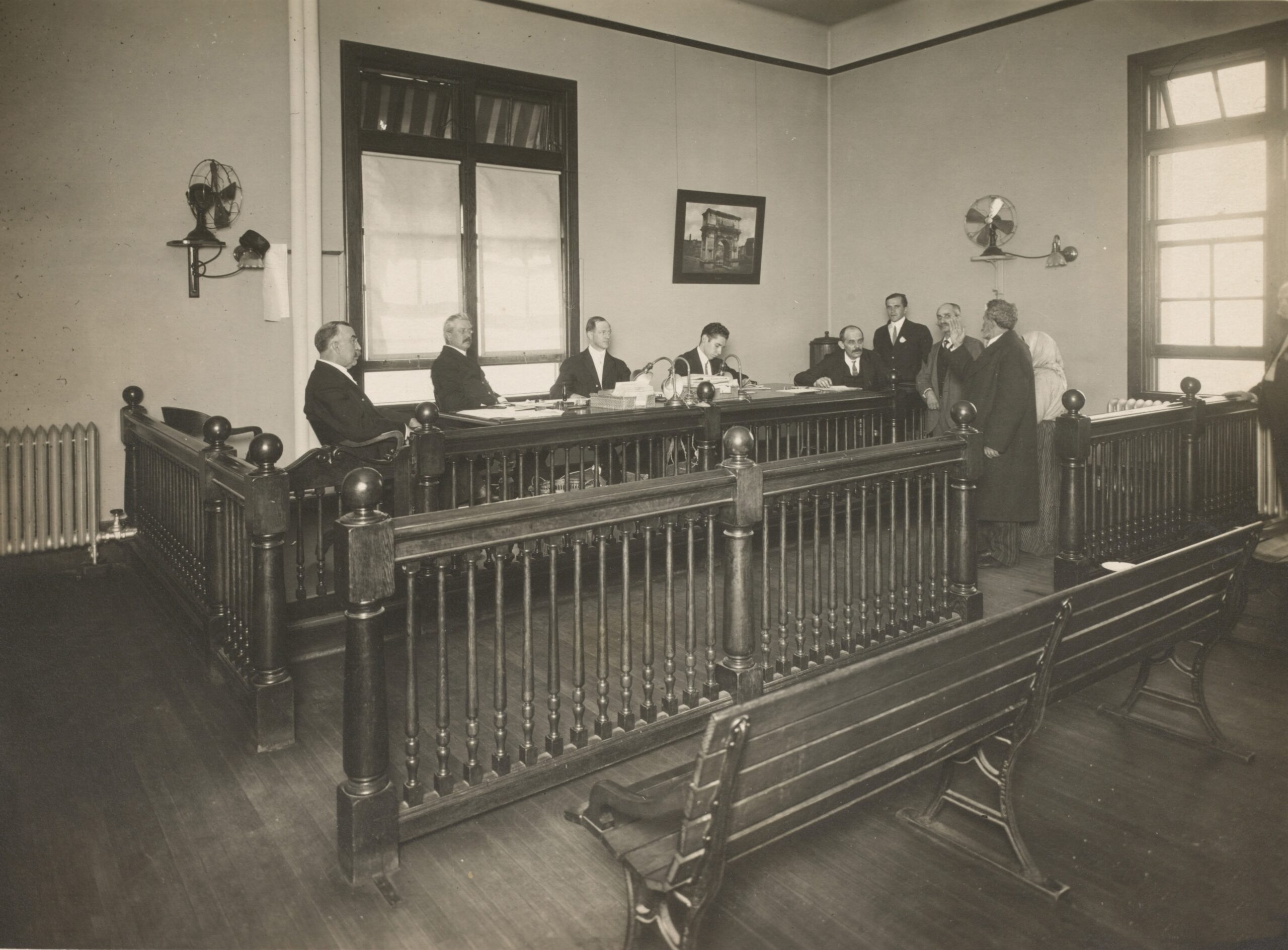The Court of Appeal reversed a defendant’s conviction for driving under the influence of marijuana after the trial court failed to properly instruct the jury on defendant’s theory of defense. The defendant was charged with driving under the influence of marijuana, causing injury, and driving with a suspended license.
At trial, the defendant argued that he was not under the influence of marijuana and lost consciousness as the result of his low blood sugar condition. The court failed to instruct the jury on “unconsciousness” and the jury found the defendant guilty. The defendant’s appeals attorney argued that the trial prejudicially and erroneously failed to instruct the jury on the defense of unconsciousness and that the instructions prevented the jury from considering his defense.
The Court of Appeal held that the trial court has an affirmative duty to give instructions on a defendant’s theory of defense where it is obvious that the defendant is relying upon such a defense, or if there’s substantial evidence that supports it.
This duty requires the court to tailor the instruction to the particular facts of the case.
The Court of Appeal explained that the defendant was clearly relying on involuntary unconsciousness as a defense. The evidence and testimony at trial involved discussion of defendant’s unconsciousness and low blood sugar. His defense clearly asserted that he should not be found guilty because he passed out due to low blood sugar, and there was sufficient evidence to support his defense. As a result, the court’s failure to instruct the jury on unconsciousness effectively removed the defendant’s principle defense from the jury’s consideration.



